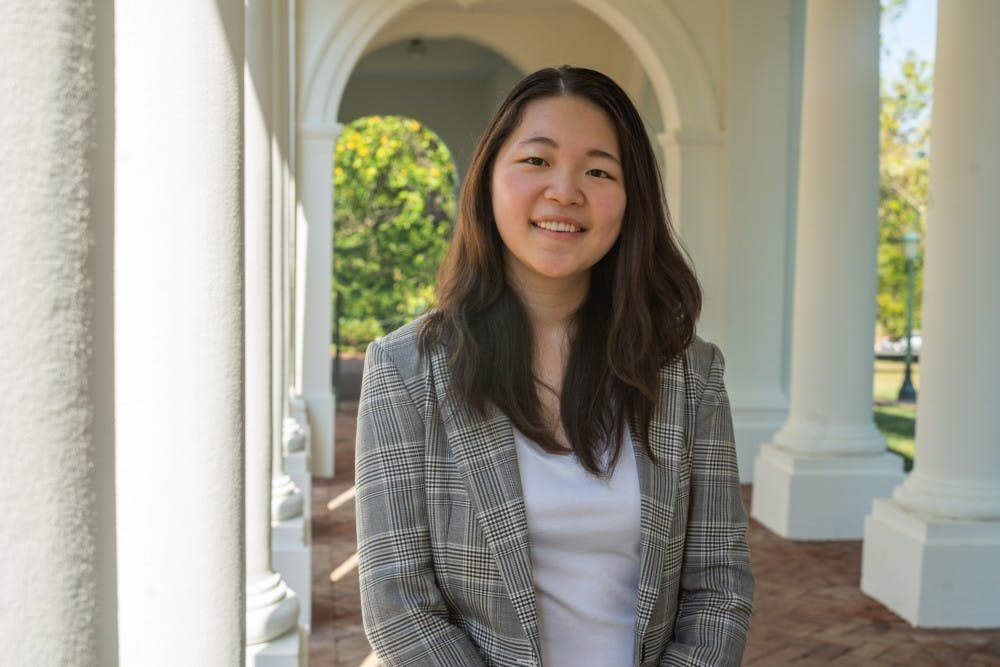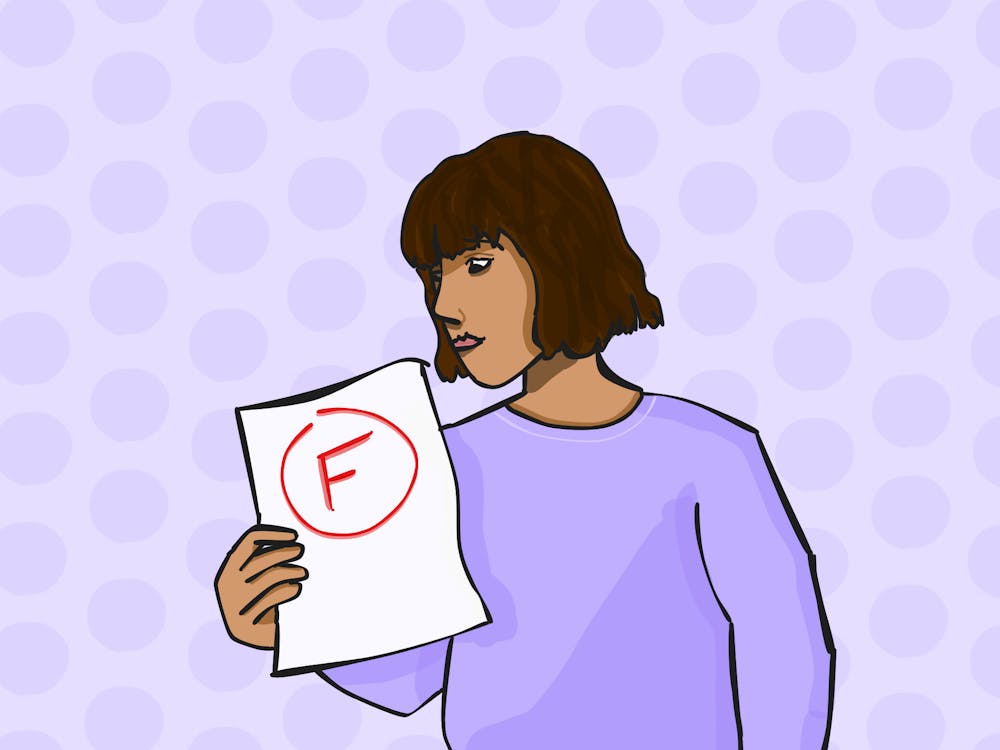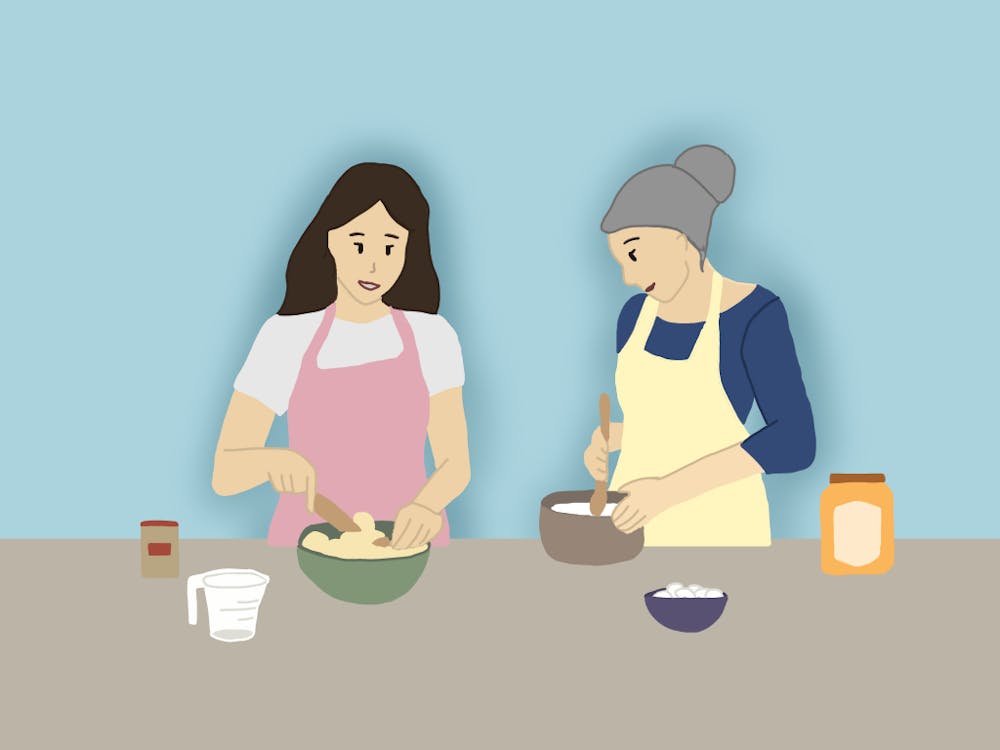Summed up in a single word, college life is busy. It can be exhausting to balance clubs, student organizations and a decent amount of sleep on top of a full schedule of classes, and it is no small feat if you can manage to survive while still clinging to a functioning social life. But hey, at least you get breaks, right? After all, winter and summer breaks are both meant to be the time to relax, turn your brain off and give yourself just a second to breathe. Right?
Or, if you’re like many of the college students I know — myself included — you can instead spend that time hunting for jobs, working at internships and finding other opportunities to bolster your resume. You can sacrifice what little free time you get over breaks by putting in hours at companies eager to exploit you for underpaid — or even unpaid — labor. If you’re determined to go the extra mile, you might even apply to work during the fall or spring semesters, searching for jobs that suit your post-graduate aspirations. Then, in addition to all of your aforementioned collegiate responsibilities, you can also work part-time as an employee underneath corporate overlords unsympathetic to your scholarly pursuits!
Sound stressful? You would be far from the first person to think so. I’ve spoken with countless students who have confessed to feeling overwhelmed by this perpetual job hunt. There is an immense pressure for college students to get “real life” experience in the workforce. With this pressure comes a distinct fear — the fear of falling behind your peers.
“Am I working hard enough?” is a commonly shared sentiment among people entering adulthood for the first time. No one wants to be seen as a slacker, after all. Young adults will turn to social media, read about fellow students furthering their future prospects and begin to doubt their own capabilities. Productivity guilt — the nagging sense that you must be striving for some lofty goal at every waking hour — can rapidly lead to burnout and a decline in mental health.
As the United States cautiously emerges from the worst of the COVID-19 pandemic, the state of the economy and job market has fueled stress levels for those leaving their formal education and joining the rat race of life. I’ve had people who haven’t graduated high school yet — let alone have their first day of college classes — tell me they are already worried about their chances of finding employment. We live in a time where kids can’t be kids without thinking about where they’ll be in the next 10 years.
The idea that a college degree “isn’t enough” to get a job is honestly quite disheartening. Human resources departments expect an unrealistic amount of job experience for entry-level positions, complete with a handful of reputable references and a list of demands no one could reasonably meet. These entry-level jobs typically aren’t even worth the time and effort it would take to be deemed qualified — providing few benefits and offensively low wages. With these sorts of job postings growing increasingly prevalent, the job market can seem to be a cold and uninviting space for recent graduates.
I’m sure nearly every student reading this right now can understand what it’s like to contemplate what lies ahead with dread. Even at the University, the competitiveness among students is palpable. The “work hard, play hard” mentality at the University compels us to chase after every possible opportunity to ensure that society views us as hardworking, ambitious and productive. Students are at times eager to one-up each other, boasting of high productivity and a lengthy list of accomplishments. I’ve felt fearful about my future, inferior to my peers and anxious about how I compare to others.
I think it’s essential that we remember there is no universal timeline with set dates for accomplishments or life goals. Even if the fear of being a slacker is prevalent, there has to be a point where we all collectively cut ourselves some slack.
Yes, you will feel the urge to “keep up” with those your age. But we can’t expect perfection from ourselves, and the human mind has a nasty tendency to over-exaggerate your failings in comparison to others’. There is absolutely nothing wrong with taking your time and giving yourself the luxury of enjoying life, if only for a moment.
If you make the conscious decision to take up a job or internship during your breaks or semesters, that’s perfectly fine. Just don’t be so hard on yourself if you don’t — and don’t think of it as “falling behind.” Desperately scrambling to find work, simply because you think that’s what’s expected of you, is practically a guaranteed recipe for misery.
Whether enriching your life with new experiences or embracing the comforts of rest and relaxation, it is the collection of memories outside of school and work that often makes life meaningful. By pausing to enjoy the simple beauties of human existence — giving yourself the space to feel in the moment — we can reevaluate what it means to be alive and what we should be striving for in the limited time we have as students.
Samantha Cynn is a Life Columnist for The Cavalier Daily. She can be reached at life@cavalierdaily.com.







